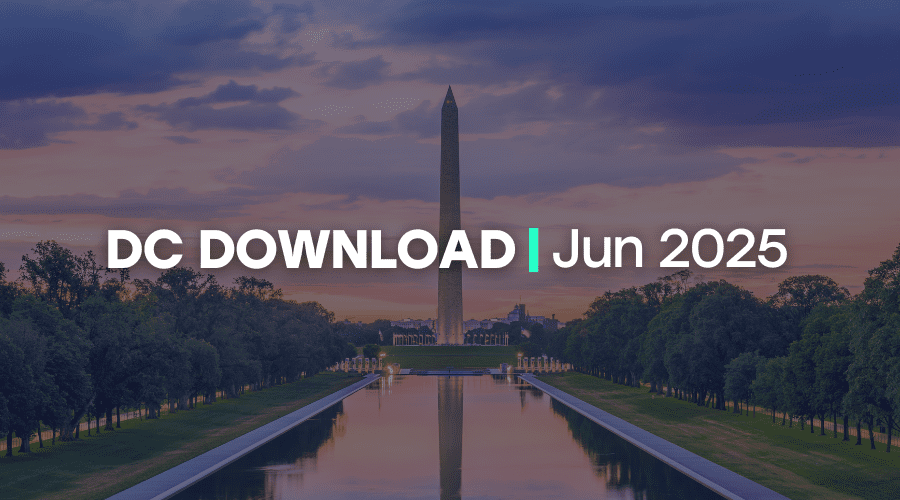“Not everything that is faced can be changed. But nothing can be changed until it is faced.” – James Baldwin
The violence and rage that gripped the United States Capitol Building and the nation on January 6 stunned me. My horror has only grown as more videos and photos have been released in the week since. People wore pro-Holocaust and racist t-shirts, erected a cross, installed a gallows with a noose near Capitol grounds, called Black police officers the n-word, and carried plastic restraints in a plan to take hostages. One insurrectionist even admitted to wanting to shoot the Speaker of the House in the head on live TV.
Yet, as stunned as I was, I know many fellow Americans, especially Black Americans, have seen this president and his most extreme followers for what they are: white supremacists. Undoubtedly, there is a straight line between President Donald Trump’s history of racist and inflammatory language and policies to the conspiracy theories and lies that led to this attempted coup. In short, the January 6 insurrection led to American carnage, the very thing that President Trump claimed he’d stop almost exactly four years ago during his inauguration.
I wrote in the wake of the November elections that as leaders in American civil society, our most precious task is to remember and focus on the everyday acts of democracy. I still firmly believe that this is the way forward. However, we cannot sweep our most painful attributes as a nation under the rug. We must face white supremacy and the hatred it fuels head on — now and always. We must face our history of political violence.
As leaders, we work within our organizations and communities in a way that affirms a set of values that we have agreed upon. I also understand that it is from that set of “American values” that our political leaders often say, “This is not who we are.” But I offer that values are meant to be revisited, reflected upon, and refined based on the desires of the community adhering to those values. I think it is time – as Americans of all creeds, religions, races, ethnicities, ability, sexual orientation, and genders – to reconsider whether we are living our values, or whether they need to change. Perhaps, we should refrain from talking about “who we are” and instead collectively work toward who we ought to be. To thrive, we must recommit every day to live up to the values we aspire to for all people, especially Black, Native, and other communities of color who so often face the brunt of harm in our nation.
One of our goals over the course of this year is to make clear which values we — as Independent Sector staff, board, members, and this broader nonprofit community — will commit to as we execute our work. As we continue to build trust within this community of changemakers to advocate for a healthy and equitable sector and country, these national conversations and our dependence on a strong, healthy, and equitable democracy are clear. Our public policy priorities, which increasingly center the outcomes of our work to address inequities that impact Black, Native, and other communities of color, as well as low-income people, will continue to be shaped by this community as we prepare for new leadership in the Administration and Congress.
As one organization, we alone cannot achieve the painstaking work of moving forward from our past – whether we are talking about last week, the last four years, or our collective and shared national history. But we are committed to working together with the charitable community to be values-driven and honest as we create a healthier and more equitable future for all people.



